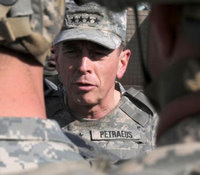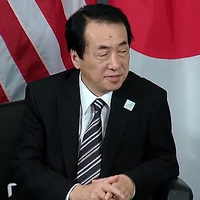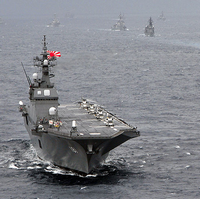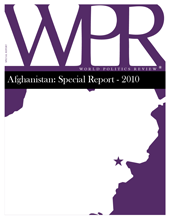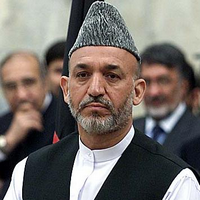
TOKYO – Japanese Prime Minister Naoto Kan’s political future is already on shaky ground following his first election since taking office a month ago. His Democratic Party of Japan took a severe blow in Sunday’s Upper House elections, with voters turning once again to the country’s longstanding political hegemon, the Liberal Democratic Party. Still, the biggest surprise in yesterday’s voting was the strong showing of the start-up Your Party, indicating that while much of the Japanese electorate is yearning for change and strong leadership, their faith in the two major political parties is fast dwindling. Judging from the reaction of […]


